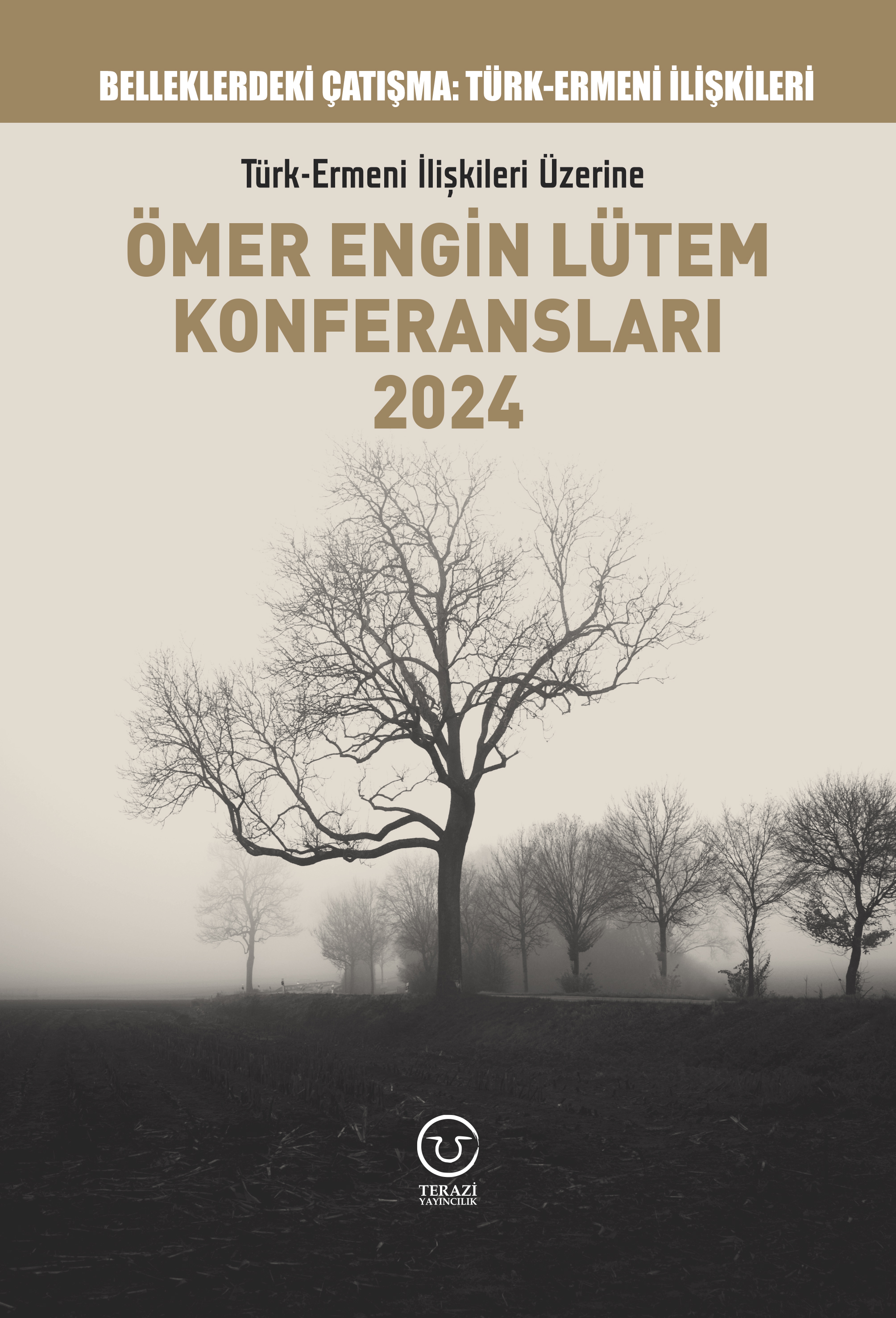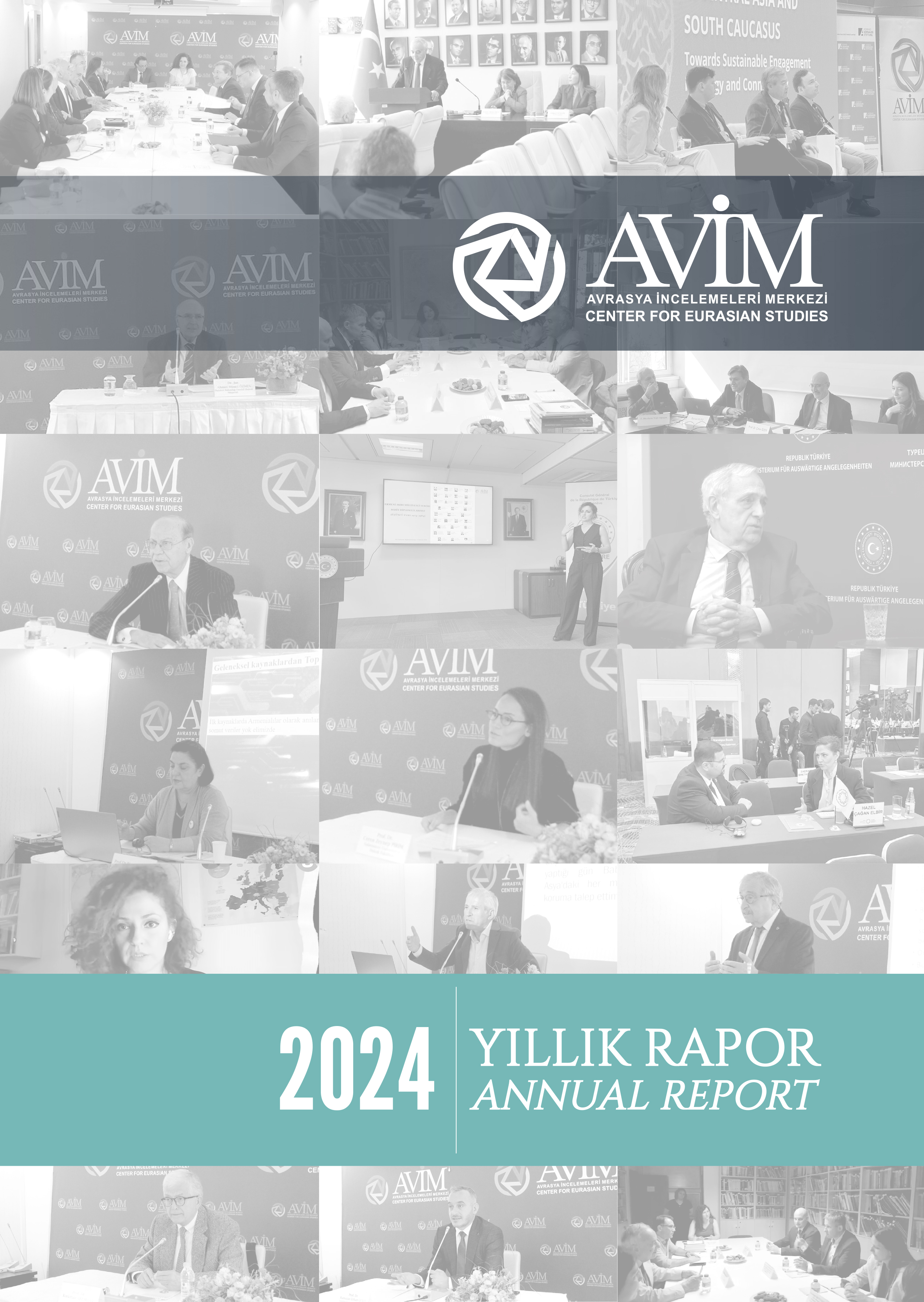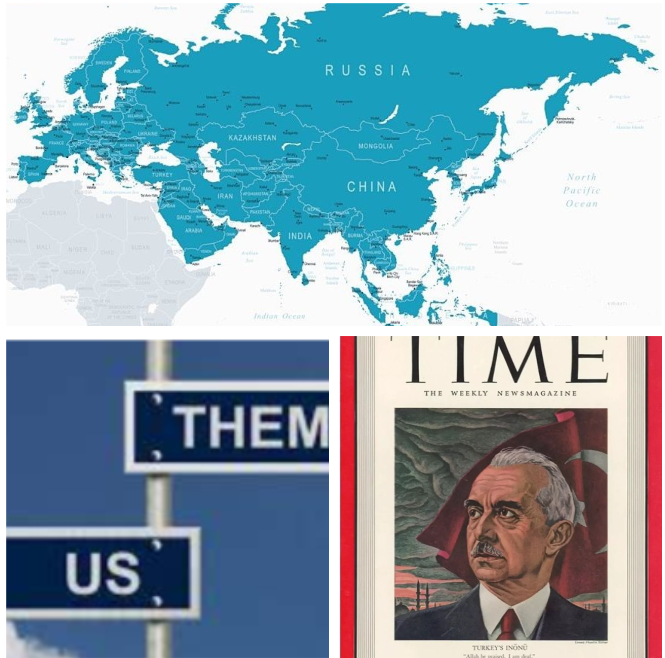
Reminder of Our Past Analyses
The Center for Eurasian Studies (AVİM) has been advancing the concept of Constructive Eurasianism for a long time. We have published numerous analyses and commentaries on this concept. One of our latest articles on this topic, titled "Constructive Eurasianism: Revisitıing Definitions," is included in the footnote below.[1] AVİM has been stating in this context that significant changes are occurring along the broad West-East axis, which we refer to as wide Eurasia, and that these changes are leading to remarkable shifts in global alignments.
Based on these observations, AVİM has sought answers to the following questions: Why should Türkiye limit its relations only to 'the West' when Western nations themselves are reassessing their global roles? Is adhering to the outdated concept of the 'Western bloc'—where Türkiye is seen as merely the eastern-most outpost—still beneficial? Why shouldn't Türkiye explore opportunities to forge new and closer ties with Eastern countries? Wouldn't such a new way of thinking be more in line with Türkiye's national interests?
AVİM’s Constructive Eurasianism concept advocates for Türkiye to carefully balance its Western ties with Eastern opportunities, positioning it as a unique nexus between Europe and Asia. This geopolitical approach promotes regional cooperation across Eurasia, emphasizes strategic autonomy, and values stability and security. It seeks to explore new syntheses by rediscovering the East and acknowledges the role of international institutions. It aims to analyze and manage the manipulations that create regional destabilization correctly and to develop Türkiye’s role as a stabilizing force that respects neighboring sovereignties and supports their development and Euro-Atlantic aspirations.
In this vein, our Constructive Eurasianism approach rejects narrow-minded anti-Westernism. It is committed to maintaining and valuing a close connection with the West. In parallel, it prioritizes seeking new opportunities for cooperation with Eastern partners. While appreciating the West's valuable contributions to global developments, it does not blindly ignore its historical faults and turn its back on the particular sufferings the West has caused throughout history. It repudiates the unquestioning glorification of Euro/Western-centric thought and characterizes this approach as an epistemic injustice to and an undervaluing of the non-Western world. Constructive Eurasianism concept does not compromise Türkiye's strategic autonomy. At the same time, it remains committed to the alliances in which it has been a member for years, recognizing that its decision/policy maker voice in these alliances is an integral part of Türkiye's national security.
In the context of discussions surrounding the concept of Constructive Eurasianism, the most significant point that strikes us is the exaggerated, hypersensitive, and allergic reaction to the word "Eurasia" in some academic and political circles. In our judgement, it is time for those who blindly admire the West/Europe to distance themselves from such reactions when they hear the word "Eurasia" and abandon their obsession with viewing those who use it as advocates of a particular ideology.
Current Substantial Evaluations
In fact, today we are witnessing an increasingly widespread view that the world is changing rapidly and that we are entering a new period of uncertainty. For example, in a recent article published in an online newspaper titled "Towards a new world order… Is the world order as we know it collapsing?" penned by a prominent high level politician such developments are analyzed by citing the famous dictum of Italian philosopher, politician, and political theorist Antonio Gramsci: "The old is dead, but the new has not yet been born." In this context, it is stated in the introduction of the article that "the rules and institutions that have cemented international relations are crumbling. The liberal order, once presented as the 'end of history,' today resembles a structure disintegrating within itself."[2]
This famous dictum is included in the book titled "Selection from the Prison Notebooks" (Quaderni del carcere) written by Gramsci while he was in prison between 1929 and 1935. In the book, under the title of "Wave of Materialism and Crisis of Authority," Gramsci expresses his analysis as follows: "The crisis consists precisely in the fact that the old is dying and the new cannot be born; in this interregnum, a great variety of morbid symptoms appear... a problem caused by the 'crisis of authority' of the old generations in power, and by the mechanical impediment that has been imposed on those who could exercise hegemony, which prevents them from carrying out their mission."[3]
Historical Statements in the Past
As we mentioned before, there are periods of profound change in global international relations and national histories. During these periods, prominent state people and politicians made statements of historical significance. Such distinguished dictum-type statements also exist in Turkish political history. For example, sixty-one years ago, on April 16, 1964, İsmet İnönü, the then-Prime Minister, the Second President of the Republic of Türkiye, and the Chairperson of the Republican People's Party for 33 years and 134 days, made a significant statement during the Cyprus events that would go down in history and have global repercussions. İsmet İnönü's statement is generally remembered as, "A new world order will be established; Turkey will take its place within that order." A respected academic expresses this statement as follows:
“As the conflict in Cyprus continued, the Turkish public began to criticize the İnönü government's policy of non-intervention on the island, and İnönü began to toughen his rhetoric in an attempt to appease this public. On April 16, 1964, in an interview with Time magazine, he made a statement that would later enter the annals of Turkish political life: "If the allies do not change their stance, the Western alliance may collapse... A new world will be established under new conditions, and Turkey will find its place in this world." (CUMHURİYET, April 17, 1964) Thus, for the first time, the message was being sent to Western bloc countries, especially the US, that Turkey could, if necessary, pursue other foreign policy alternatives. Considering the policy of the USSR, which had sought to develop its relations with Turkey, especially in the economic sphere, since 1960 and had repeatedly reiterated this demand, it is inconceivable that İnönü's cautionary statement was solely directed at domestic policy and would not resonate in the West.”[4]
İsmet İnönü's mentioned statement to Time magazine appeared in the headline of the April 16, 1964, issue of Milliyet newspaper, with brief explanations, as follows:
"In his statement to Time magazine, İnönü urged the allies to change their stance.
'THE WESTERN ALLIANCE WILL COLLAPSE’
Our allies are competing with distant states that are working to dismantle NATO. We are patient so that it does not deteriorate.”[5]
The newspaper reflects İnönü's famous dictum at the beginning of its report as follows:
“If our allies can be successful in their efforts to reduce this alliance to ruin, a new world would be established under the new circumstances, and Türkiye would find its own place in this new world."
Final remarks
We believe that our claim that the structure and normative foundations of the international order that has prevailed since World War II are being fundamentally questioned is no longer a controversial issue, but a reality that deserves in-depth study. Our observations and interpretations regarding the radical shifts in alliance models, development paradigms, and foreign policy orientations are no longer fanciful predictions, as some claim, but rather the reality of our times, which some find dreadful for the Eurocentric/Western-centric world order. It is not possible to build the future by ignoring these facts and burying our heads in the sand. Like any intellectual endeavour, these realities of the time must be discussed objectively, and new dimensions must be given to stereotyped approaches.
*Picture: AVİM and Times
[1] Teoman Ertuğrul Tulun. Constructive Eurasianism: Revisiting Definitions. Commentary No: 2025 / 3. 08.01.2025. https://avim.org.tr/en/Yorum/CONSTRUCTIVE-EURASIANISM-REVISITING-DEFINITIONS
[2] Kemal Kılıçdaroğlu. Yeni dünya düzenine doğru. Bildiğimiz dünya düzeni çöküyor mu?, T 24. 16 Eylül 2025. https://t24.com.tr/yazarlar/kemal-kilicdaroglu/yeni-dunya-duzenine-dogru,51580
[3] Selections from the Prison Notebooks of Antonio Gramsci, edited and translated By Quentin Hoare And geoffrey Nowell Smith. ElecBook London 1999 Transcribed from the edition published by Lawrence & Wishart London 1971, p. 556.
[4] Yard. Doç, Dr. Melek M. Fırat. Kıbrıs Sorunu ve İnönü. İnönü Vakfı. https://www.ismetinonu.org.tr/kibris-sorunu-ve-inonu/
[5] Milliyet, 16 April 1964. https://www.gastearsivi.com/gazete/milliyet2/1964-04-16/1
© 2009-2025 Center for Eurasian Studies (AVİM) All Rights Reserved
No comments yet.
-
 AVİM ON THE ROAD TO THE FIFTEENTH ANNIVERSARY OF ITS FOUNDING
AVİM ON THE ROAD TO THE FIFTEENTH ANNIVERSARY OF ITS FOUNDING
Teoman Ertuğrul TULUN 12.01.2023 -
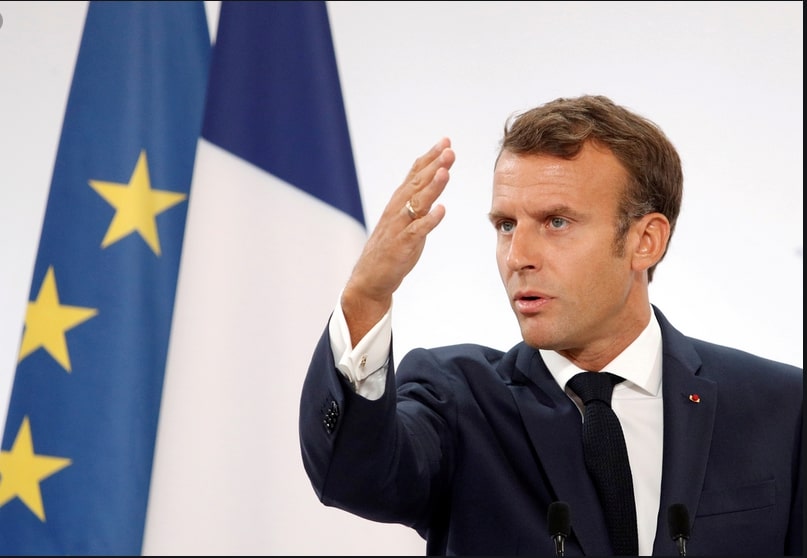 EMMANUEL MACRON CONTINUES WITH DISPARAGING COMMENTS
EMMANUEL MACRON CONTINUES WITH DISPARAGING COMMENTS
Teoman Ertuğrul TULUN 04.11.2019 -
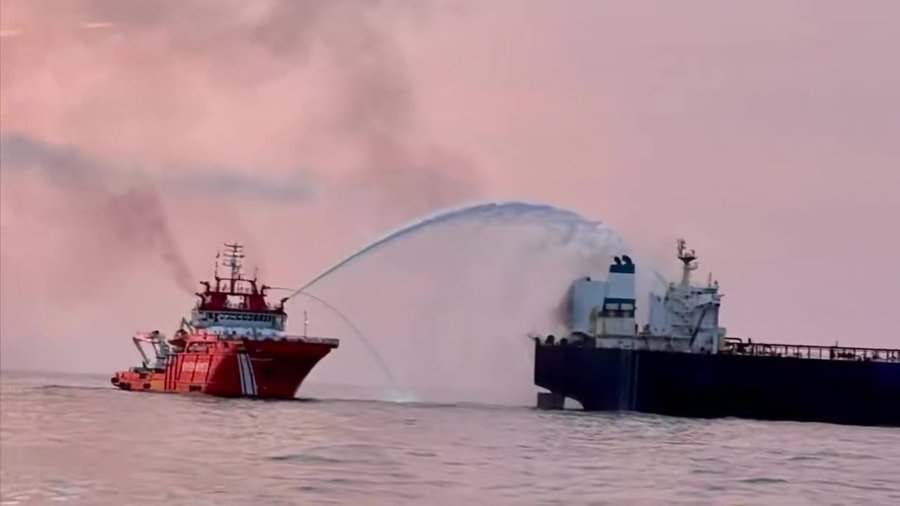 BLACK SEA ATTACKS ON MERCHANT VESSELS: TÜRKIYE’S EEZ, THE MONTREUX REGIME, AND THE RISK OF WAR SPILLOVER
BLACK SEA ATTACKS ON MERCHANT VESSELS: TÜRKIYE’S EEZ, THE MONTREUX REGIME, AND THE RISK OF WAR SPILLOVER
Teoman Ertuğrul TULUN 03.12.2025 -
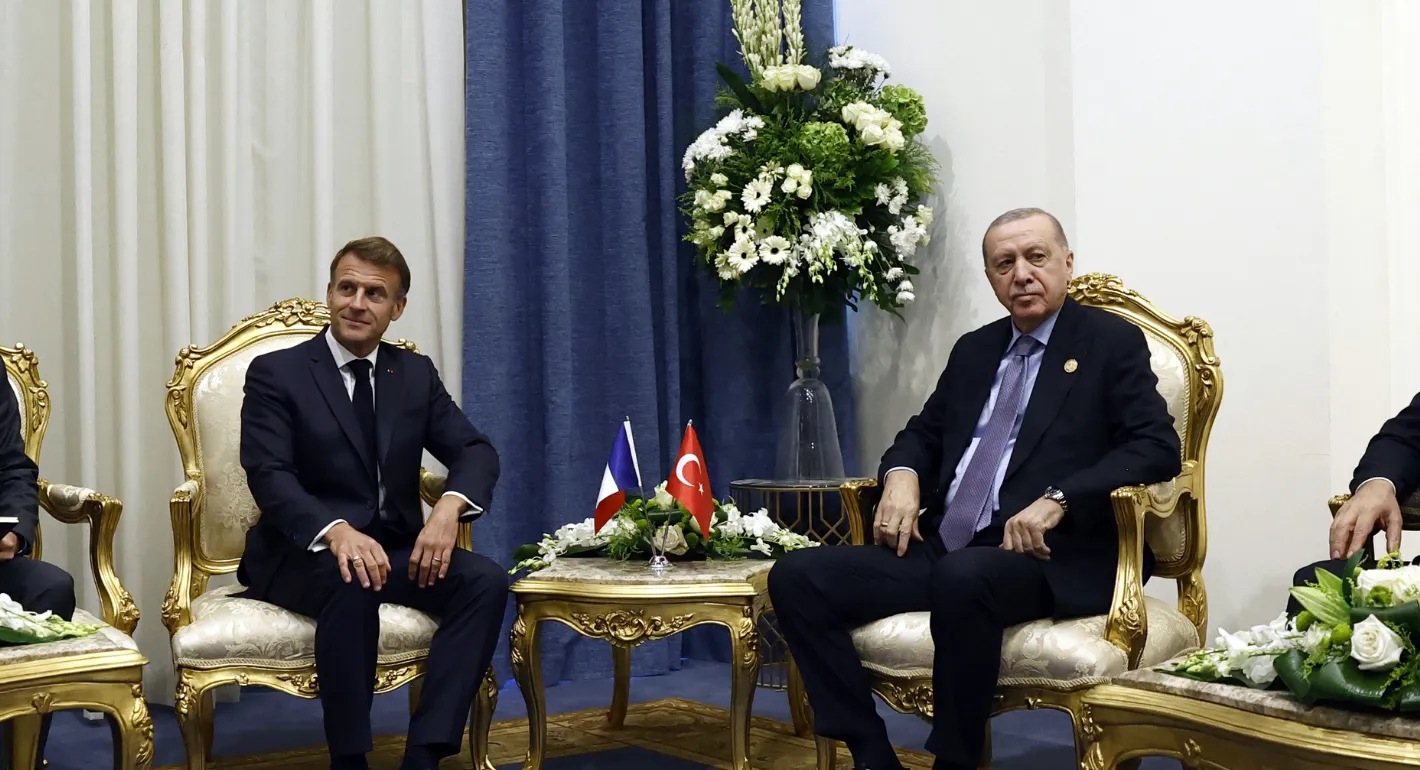 FRANCE, TÜRKİYE, AND THE BLACK SEA ORDER: LEGAL REALITIES VERSUS STRATEGIC SHORTCUTTING
FRANCE, TÜRKİYE, AND THE BLACK SEA ORDER: LEGAL REALITIES VERSUS STRATEGIC SHORTCUTTING
Teoman Ertuğrul TULUN 04.02.2026 -
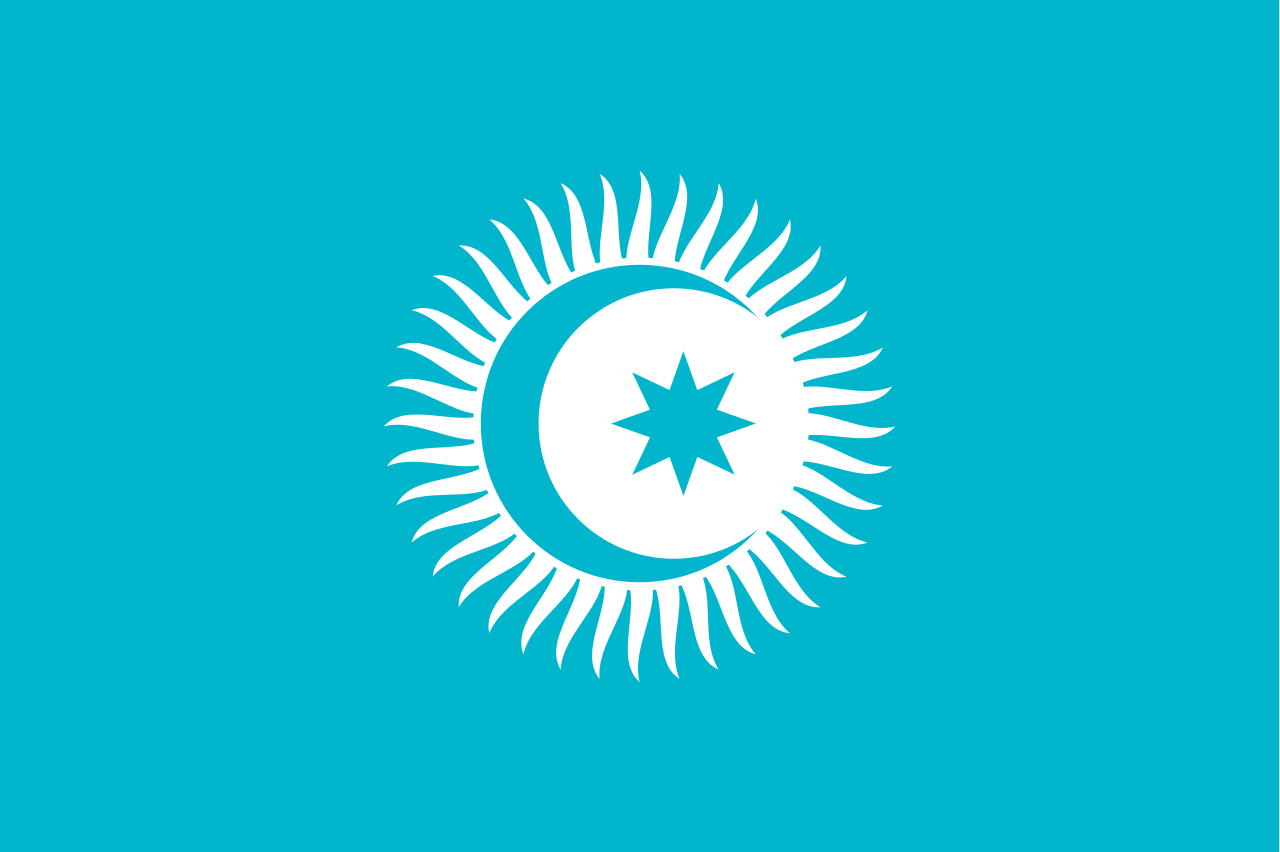 THE REPUBLIC OF KAZAKHSTAN: INITIATOR OF THE ORGANIZATION OF TURKIC STATES
THE REPUBLIC OF KAZAKHSTAN: INITIATOR OF THE ORGANIZATION OF TURKIC STATES
Teoman Ertuğrul TULUN 06.01.2022
-
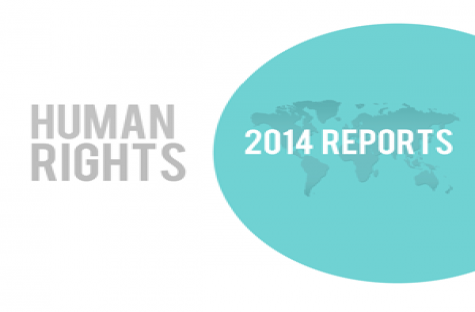 U.S. DEPARTMENT OF STATE’S ARMENIA 2014 HUMAN RIGHTS REPORT
U.S. DEPARTMENT OF STATE’S ARMENIA 2014 HUMAN RIGHTS REPORT
Mansur Ali GEDİK 20.07.2015 -
AVIM HELD A MEETING ENTITLED “A GENERAL LOOK AT ASIA AND TURKEY'S PRIORITIES”
AVİM 12.06.2013 -
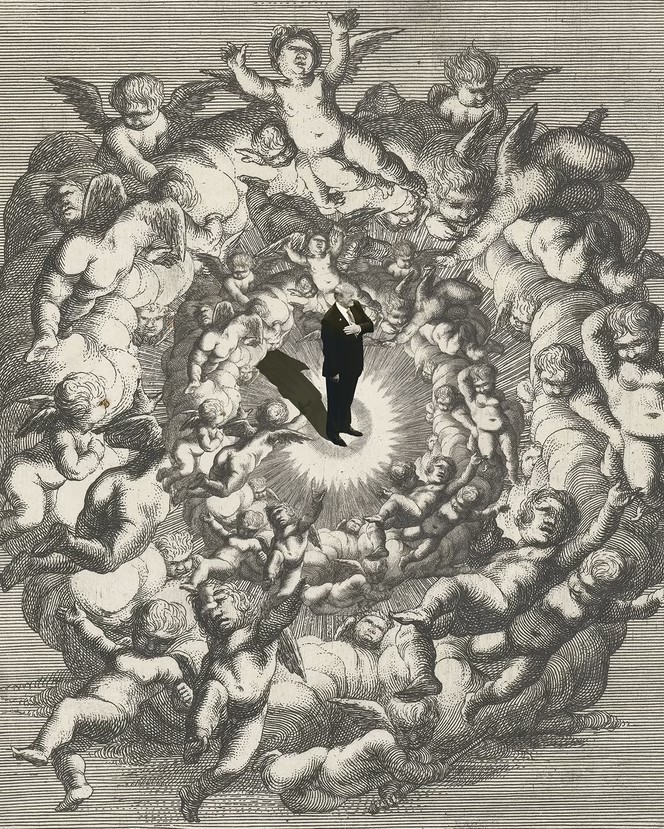 WESTERN POLITICAL CHRISTIANITY IN THE NEW TRUMP ERA
WESTERN POLITICAL CHRISTIANITY IN THE NEW TRUMP ERA
Mehmet Oğuzhan TULUN 20.03.2025 -
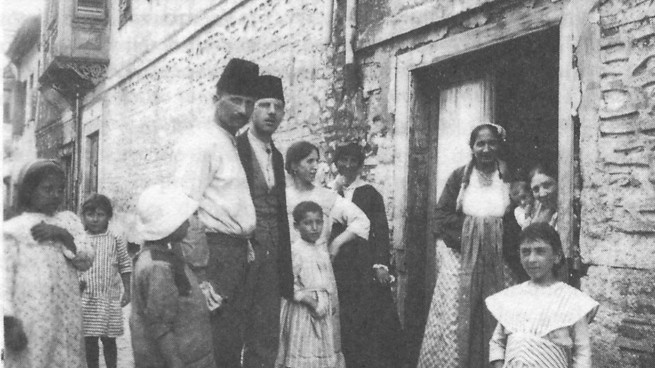 TURKS AND JEWS - A HISTORICAL INSIGHT
TURKS AND JEWS - A HISTORICAL INSIGHT
AVİM 02.02.2022 -
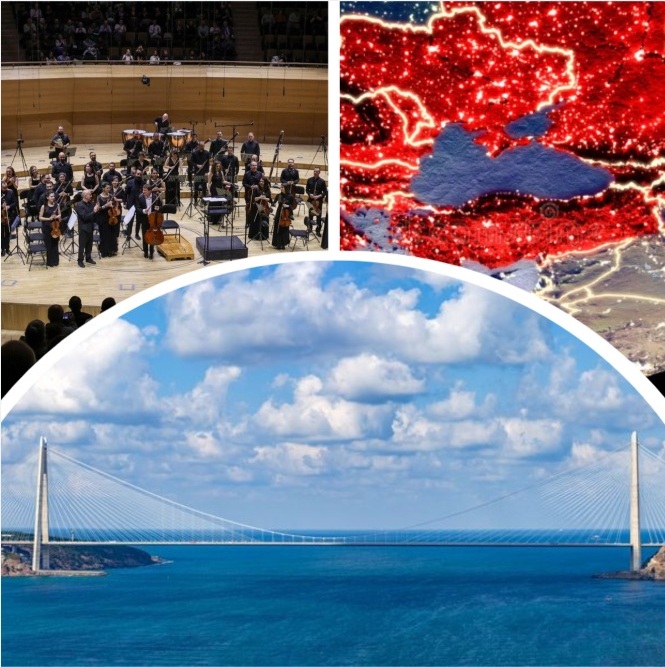 FUNCTIONAL COOPERATION VS EU’S COERCIVE FRAMEWORKS IN THE BLACK SEA BASIN
FUNCTIONAL COOPERATION VS EU’S COERCIVE FRAMEWORKS IN THE BLACK SEA BASIN
Teoman Ertuğrul TULUN 29.04.2025
-
25.01.2016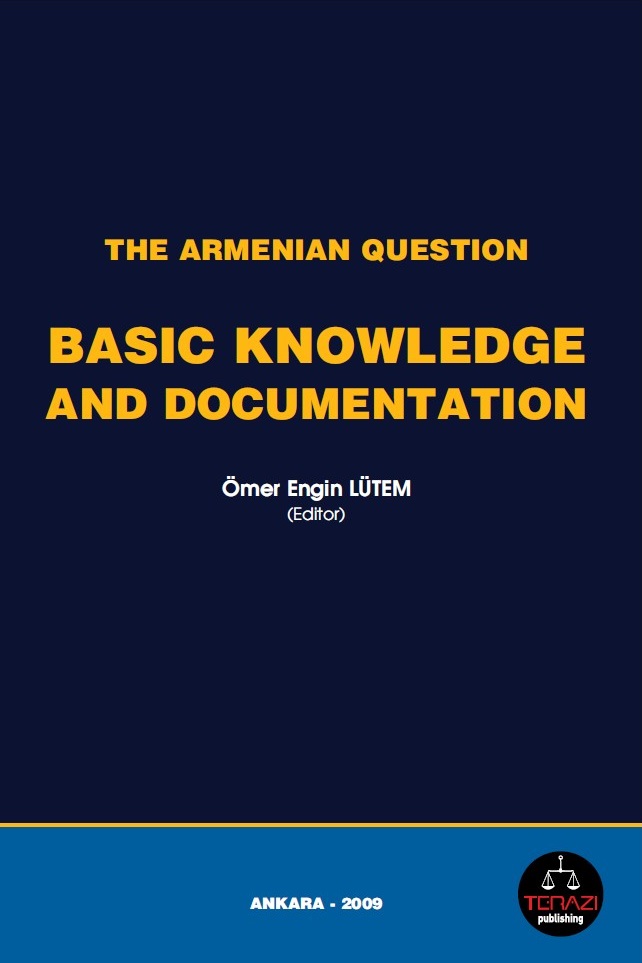
THE ARMENIAN QUESTION - BASIC KNOWLEDGE AND DOCUMENTATION -
12.06.2024
THE TRUTH WILL OUT -
27.03.2023
RADİKAL ERMENİ UNSURLARCA GERÇEKLEŞTİRİLEN MEZALİMLER VE VANDALİZM -
17.03.2023
PATRIOTISM PERVERTED -
23.02.2023
MEN ARE LIKE THAT -
03.02.2023
BAKÜ-TİFLİS-CEYHAN BORU HATTININ YAŞANAN TARİHİ -
16.12.2022
INTERNATIONAL SCHOLARS ON THE EVENTS OF 1915 -
07.12.2022
FAKE PHOTOS AND THE ARMENIAN PROPAGANDA -
07.12.2022
ERMENİ PROPAGANDASI VE SAHTE RESİMLER -
01.01.2022
A Letter From Japan - Strategically Mum: The Silence of the Armenians -
01.01.2022
Japonya'dan Bir Mektup - Stratejik Suskunluk: Ermenilerin Sessizliği -
03.06.2020
Anastas Mikoyan: Confessions of an Armenian Bolshevik -
08.04.2020
Sovyet Sonrası Ukrayna’da Devlet, Toplum ve Siyaset - Değişen Dinamikler, Dönüşen Kimlikler -
12.06.2018
Ermeni Sorunuyla İlgili İngiliz Belgeleri (1912-1923) - British Documents on Armenian Question (1912-1923) -
02.12.2016
Turkish-Russian Academics: A Historical Study on the Caucasus -
01.07.2016
Gürcistan'daki Müslüman Topluluklar: Azınlık Hakları, Kimlik, Siyaset -
10.03.2016
Armenian Diaspora: Diaspora, State and the Imagination of the Republic of Armenia -
24.01.2016
ERMENİ SORUNU - TEMEL BİLGİ VE BELGELER (2. BASKI)
-
AVİM Conference Hall 24.01.2023
CONFERENCE TITLED “HUNGARY’S PERSPECTIVES ON THE TURKIC WORLD"






